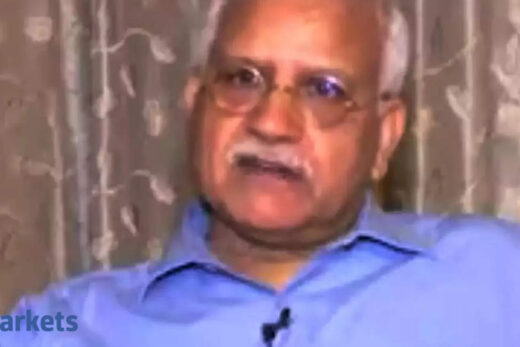The observations were made by the top court in a judgement by which it held that the trustees are required to seek consent of majority unit-holders for closing mutual fund schemes after publishing notice disclosing reasons for their decision to wind up of debt schemes.
A bench of justices S Abdul Nazeer and Sanjiv Khanna also held that market regulator SEBI is entitled to conduct an inquiry and investigation when justified and necessary to ascertain whether the trustees have acted in accordance with their fiduciary duty.
The 77-page judgement, penned by Justice Khanna, interpreted various provisions of the Securities and Exchange Board of India (SEBI) Regulations on winding up of mutual funds and said they “rightly draw the distinction between creditors and the unit holders.”
“To equate the unit-holders with either the creditors or the home buyers will be unsound and incongruous,” it said.
“The unit holders are investors who take the risk and, therefore, entitled to profits and gains. Having taken the calculated risk, they must also bear the losses, if any. Unit holders are not entitled to fixed return or even protection of the principal amount.
“Creditors, on the other hand, are entitled to fixed return as per mutually agreed contracts. Their rate of return is in the nature of interest and not profit or loss. Creditors are not risk takers as is the case with the unit holders,” it said.
In this sense, unit holders are somewhat at par with the shareholders of a company and the waterfall mechanism under the Companies Act, or the Indian Bankruptcy Code, gives primacy to the dues of the creditors over the shareholders, it said.
“Identical is the position of the unit holders. In fact, the argument that the unit holders should be treated pari passu with the creditors is farfetched,” it said.
Similarly, the contention that unit holders are identically placed as home buyers under the Indian Bankruptcy Code is “equally frail and a weak argument”, it said, adding that home buyers pay money to the builder and enter into a contract for purchase of immovable property.
“Home buyers are not risk or partakers in gains or losses like investors in a mutual fund. Home buyers under the Bankruptcy Code are treated as creditors till the ownership rights in the immovable property are transferred to them, but they do not take the risks and are not entitled to benefit of profits or suffer losses, as are taken by the unit holders who invest in the mutual funds without any guarantee of returns and know that the investment, including the principal, are subject to market risks,” it said.
The apex court’s judgement came on pleas, including the appeal filed by Franklin Templeton, against the Karnataka High Court order restraining the company from winding up its six of mutual fund (MF) schemes without obtaining the consent of its investors by a simple majority.



